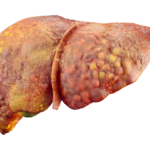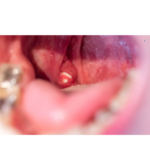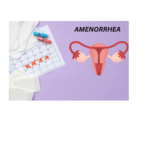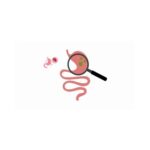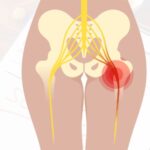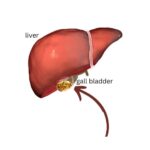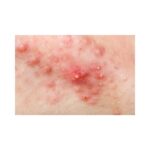Understanding and Managing Anger in Children: A Guide for Parents and Caregivers
Anger is a natural and healthy emotion that everyone experiences, including children. However, when a child frequently exhibits anger, it can be challenging for parents and caregivers to manage. Understanding the root causes of a child’s anger and learning effective strategies to address it can help create a more harmonious environment for both the child and the family.
What Causes Anger in Children?
- Unmet Needs: Children often become angry when their basic needs for food, sleep, or attention are not met.
- Frustration: Struggling with tasks that are beyond their ability or facing obstacles can lead to frustration and anger.
- Feeling Overwhelmed: Changes in routine, overstimulation, or too many demands can overwhelm a child, triggering anger.
- Emotional Pain: Experiences of sadness, fear, or hurt can manifest as anger, especially if the child feels unable to express these emotions directly.
- Seeking Attention: Sometimes, children use anger as a way to get attention from adults, especially if they feel neglected.
- Modeling Behavior: Children often mimic the behavior they see at home. If they observe adults handling stress or conflict with anger, they may do the same.
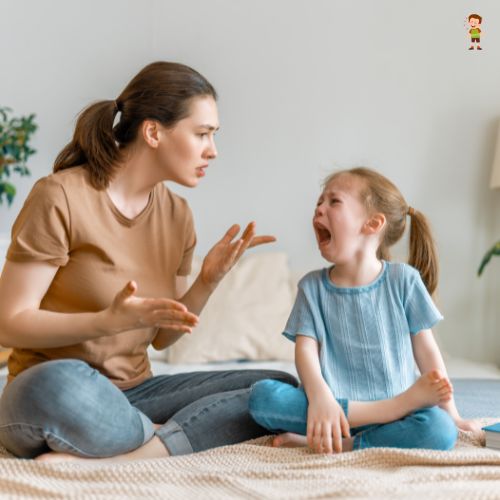
Signs of Anger in Children
- Verbal Outbursts: Shouting, screaming, or using hurtful language.
- Physical Aggression: Hitting, kicking, biting, or throwing objects.
- Tantrums: Intense emotional outbursts that may include crying, screaming, or destructive behavior.
- Withdrawal: Refusing to speak or interact, sulking, or isolating themselves.
- Defiance: Refusal to follow instructions or comply with requests.
Strategies for Managing Anger in Children
- Stay Calm and Consistent: Model calm behavior. If you remain composed, it can help de-escalate the situation.
- Validate Their Feelings: Acknowledge the child’s feelings without judgment. Let them know it’s okay to feel angry, but it’s important to express it appropriately.
- Set Clear Boundaries: Establish and maintain consistent rules and consequences. Children need to know what is acceptable and what isn’t.
- Teach Healthy Expression: Encourage children to use words to express their anger. Teach them to say, “I’m upset because…” instead of acting out.
- Offer Choices: Giving children some control can reduce frustration. Offer choices to empower them, like choosing between two acceptable activities.
- Use Time-Outs Effectively: A time-out can provide a child with a chance to calm down. Ensure it’s done in a non-punitive way and that the child understands why they are being given time to cool off.
- Encourage Physical Activity: Exercise can be a great outlet for pent-up energy and frustration.
- Promote Problem-Solving Skills: Teach children to identify the problem and brainstorm possible solutions. This helps them feel more in control and less helpless.
- Seek Professional Help if Needed: If a child’s anger is frequent and intense, it may be beneficial to consult a child psychologist or counselor.
Creating a Supportive Environment
- Positive Reinforcement: Praise and reward positive behavior to encourage more of it.
- Open Communication: Foster an environment where children feel safe to express their feelings without fear of punishment.
- Emotional Literacy: Help children identify and understand their emotions. Books, games, and conversations about feelings can be beneficial.
- Consistency and Routine: A predictable routine can help children feel secure and reduce anxiety-related anger.
Homeopathy offers various remedies that can help address emotional and behavioral issues in children, including anger. It’s essential to consult with a qualified homeopathic practitioner before starting any treatment to ensure the chosen remedy is appropriate for the child’s specific symptoms and overall health. Here are five commonly recommended homeopathic remedies for managing anger in children:
BEST 5 HOMOEOPETHIC MEDICINE FOR ANGRY CHILD
1. Chamomilla
Indications:
- Intense irritability and anger
- Child becomes extremely angry when their wishes are not met
- Excessive crying and screaming, often inconsolable
- Symptoms worsen at night and with pain, such as during teething
Usage:
Chamomilla is often recommended for children who are particularly sensitive and easily upset. They may throw tantrums and show physical signs of anger, such as hitting or biting.
2. Nux Vomica
Indications:
- Impatience and irritability
- Child is easily angered and frustrated by minor inconveniences
- May show a bossy or demanding behavior
- Symptoms worsen in the morning and after meals
Usage:
Nux Vomica is suitable for children who are ambitious, competitive, and have a strong-willed nature. They may struggle with anger when things don’t go their way.
3. Stramonium
Indications:
- Violent outbursts and aggression
- Fearfulness and nightmares
- Child may show a tendency to hit, kick, or bite others
- Symptoms worsen in darkness or when alone
Usage:
Stramonium is used for children who exhibit intense and violent anger, often accompanied by fear and night terrors. They may be prone to fits of rage.
4. Cina
Indications:
- Irritability and stubbornness
- Child is easily angered and may become physically aggressive
- Constant whining and dissatisfaction
- Symptoms worsen when being touched or looked at
Usage:
Cina is helpful for children who are constantly irritable, restless, and difficult to please. They may have a low tolerance for frustration and show defiant behavior.
5. Belladonna
Indications:
- Sudden and intense anger
- Child may scream, bite, and hit during outbursts
- Face may turn red during episodes of anger
- Symptoms worsen in the afternoon and with noise
Usage:
Belladonna is indicated for children who experience sudden, explosive anger, often without an apparent cause. They may become physically aggressive during these episodes.
Important Considerations
- Individualization: Homeopathy is based on the principle of individualization, meaning the remedy should match the specific symptoms and overall constitution of the child.
- Consultation: Always consult with a qualified homeopathic practitioner for a proper diagnosis and treatment plan.
- Observation: Monitor the child’s response to the remedy and make adjustments as needed in consultation with the practitioner.
By choosing the right homeopathic remedy and working closely with a professional, parents and caregivers can help their children manage anger in a gentle and holistic way.

































